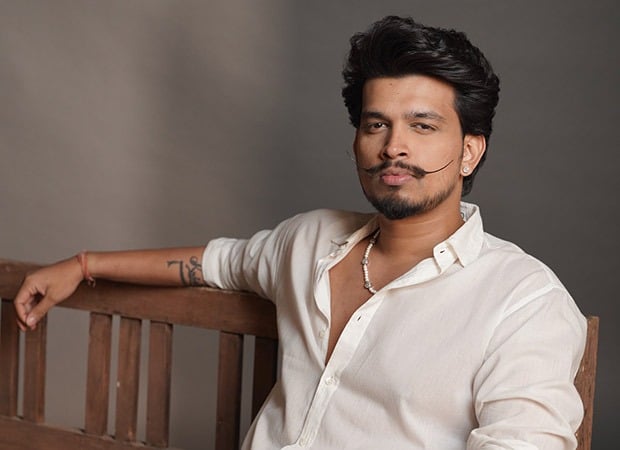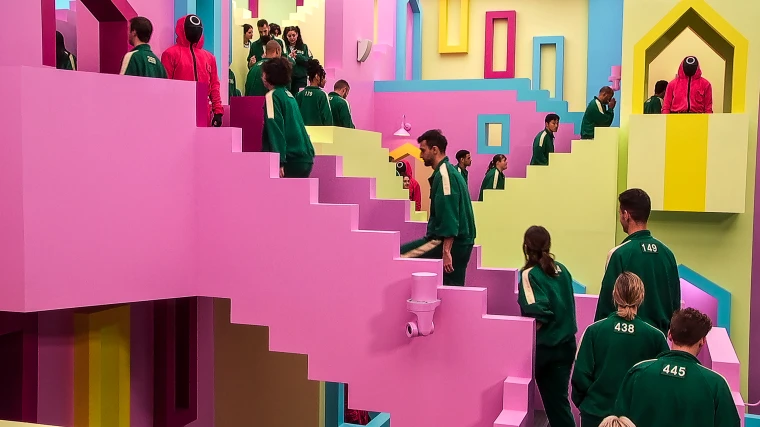Now Reading: Shefali Jariwala’s Old Interview on Abusive Marriage Resurfaces After Her Sudden Demise at 42
-
01
Shefali Jariwala’s Old Interview on Abusive Marriage Resurfaces After Her Sudden Demise at 42
Shefali Jariwala’s Old Interview on Abusive Marriage Resurfaces After Her Sudden Demise at 42

Following the untimely death of actress and dancer Shefali Jariwala at the age of 42, an emotional video clip from a past interview has resurfaced, where she opened up about her early struggles in an abusive marriage. The clip, now widely shared on social media, sheds light on a lesser-known but deeply personal chapter of her life — one that many women in India, especially in Tier 2 cities, silently relate to.
A Voice From the Past
In the interview, Shefali spoke candidly about the pain and emotional isolation she experienced during her first marriage. She described herself as “very unhappy,” revealing how difficult it was to break free from a toxic relationship. Despite being a public figure, she said she felt trapped for years — a reality that often goes unnoticed behind the glamour of celebrity lives.
Her words now carry even more weight in the wake of her death, prompting discussions around emotional abuse, mental health, and the silent battles many women endure.
Reality Behind the Spotlight
Known for her breakout appearance in the iconic Kaanta Laga music video and later as a contestant on Bigg Boss, Shefali was admired for her confidence and charm. But behind her on-screen presence, her personal journey reflected a fight for self-respect and emotional survival.
She later remarried and often spoke about finding peace and support in her second marriage, showing how it is possible to rebuild life after trauma — but only with courage, support, and space to heal.
Why Her Story Resonates in Smaller Cities
In Tier 2 cities across India, women facing abuse — emotional, physical, or psychological — often hesitate to speak out due to fear of judgment, societal pressure, or lack of support systems. Shefali’s earlier statements are now serving as a mirror for many, encouraging silent sufferers to reconsider their worth and seek help.
Her story underscores the need for greater awareness around domestic abuse, not just in physical terms but in emotional and mental dimensions too.
A Call for Sensitivity and Support
The resurfacing of Shefali’s interview is a powerful reminder of the need for sensitivity when discussing public figures, especially after their passing. It also reinforces the importance of checking in on those around us — fame and smiles can sometimes mask years of silent suffering.
Mental health advocates urge people to use such moments to open conversations, not sensationalize them. Support groups, counselling access, and family awareness can make a crucial difference in someone’s journey to recovery.
Conclusion
Shefali Jariwala’s life was one of talent, fame, struggle, and resilience. Her words from the past now echo louder than ever — not as gossip, but as a wake-up call. For women across India, particularly in places where silence is often seen as strength, her story is a reminder: seeking freedom from pain is not weakness, it’s the beginning of healing.

























